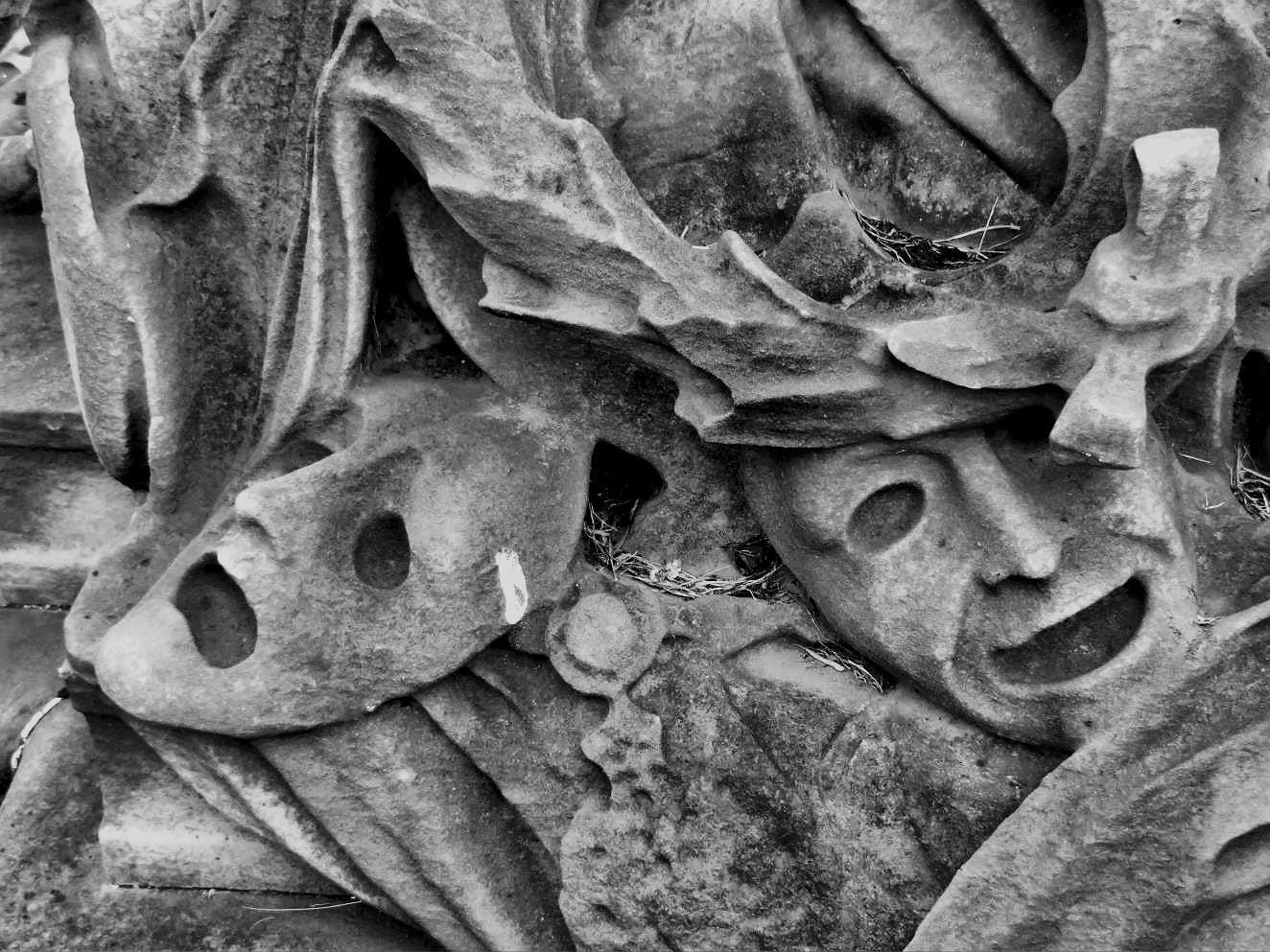Getting The Joke
The last act of Vatican II
An aphorism of Ivan lIich: “The Christian is the one who gets the joke”.
There’s a moment in Louis Bouyer’s memoirs that, I think, expresses it near-perfectly. Bouyer - a bespectacled, cultured intellectual - has spent years dodging reactionary Bishops, philistine manualists who think the slightest hint of reform is blasphemy in se. He’s on the outside. Then comes Vatican II. Bouyer is named peritus, theological advisor. He helps draft council documents, sits on key committees. Reform gets a seat at the table.
But after the council, Bouyer finds himself in trouble again. Everywhere he goes, Bishops are rewriting catechisms, tearing up their cathedrals, abandoning things the council praised, introducing things it never mentioned. They look at Bouyer with suspicion. At best they see him as a relic; at worst as a renegade. In neither case is he welcome. He finds himself, once again, on the outside.
Here’s the punchline: the Bishops were the same.
Unregenerate neoscholastics morphed, neatly and without obvious discomfort, to ardent progressives. Old wine had found new wineskins. The grand inquisitor had taken an enneagram test. On one level, Bouyer realised, everything in the Church had changed. On quite another, nothing had. He got the joke.
The ongoing debate about Vatican II is wrong-headed, I think, for exactly this reason. People look to the council for “continuity”, or for “rupture”. They should be looking for the joke.
How’s this one: it’s overwhelmingly likely that most of the Bishops at Vatican II were complicit in covering up the abuse of children. In fact, based on what we now know, we can go further. Covering up child abuse was one of the great unifiers of the conciliar Church.
Rembert Weakland and Bernard Law, Marcial Maciel and Jean Vanier, Steubenville and Schoenstatt: these men - and it was, is, almost always men - differed on practically everything. But when it came to covering up abuse, to perpetuating it, they were the same.
If you’re looking for the key ecclesiological event of the 20th century, or the defining experience of 21st century catholicism, or the critical axis around which the Church will orientate itself for the foreseeable future, it’s not Vatican II you’re looking for. It’s the abuse crisis.
Both interpretations of the council - liberal and conservative, reform and restoration - are failures. Worse: they’re dead. This doesn’t mean that the changes the council made, or that the conciliar papacies implemented, are going to disappear. But little meaningful change can nowadays be expected on either end of the spectrum, because Catholic Christianity ultimately has only one agent of reform. Bishops.
And nowadays Bishops have no authority beyond what the faithful freely grant them. In practice, if not in theology, theirs is a purely moral authority, a relationship founded on trust as well as duty. And that trust, that authority - that relationship - no longer exists. Do you really owe holy obedience to men who cover up the abuse of children?
It will take a long time for this to filter through to the upper echelons of the church, clerical and lay. If you’re old enough to see the abuse crisis as a crisis rather than a norm, you can rely upon the instincts of tribalism and obedience that made Catholics Catholic. If you’re young, you have to live in the world those instincts made.
Last week, I went to a lecture by George Weigel, who has a new book out on Vatican II. It was exactly what you’d expect - JP2 good, liberals bad - but carried with it, I thought, an extraordinary sense of anachronism; as if the whole thing was being delivered from twenty years in the past. We no longer live in the world of good and bad bishops. We live in the world where, on the issue that really mattered, they were the same.
All things considered, it was a bravura performance from Weigel, standing high in the stirrups, an old soldier with battles still to fight. Walking out from the hall into the rain, it occurred to me that someone should tell him to lay down his arms. The new evangelisation and the new pentecost share a common grave now. The war is over. Everyone lost.
But there’s not much you could say to that, really, especially not in a public lecture. Except, perhaps, this: funny joke. Ha, Ha, Ha.


This article reminds me of John Patrick Shanley's 'Doubt', which I think shares the view that the abuse crisis is *the* event, that the Council is secondary. Especially when it shows a predatory cleric using the language of the Council to skillfully shield himself from scrutiny. *shuddder*